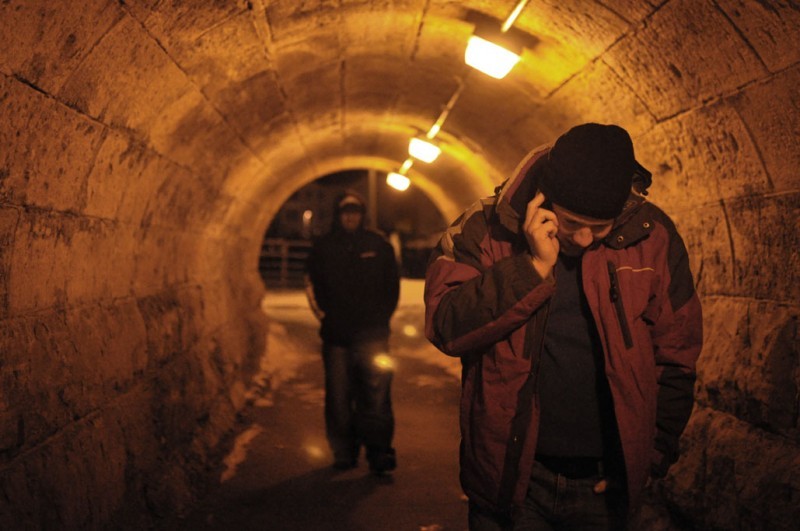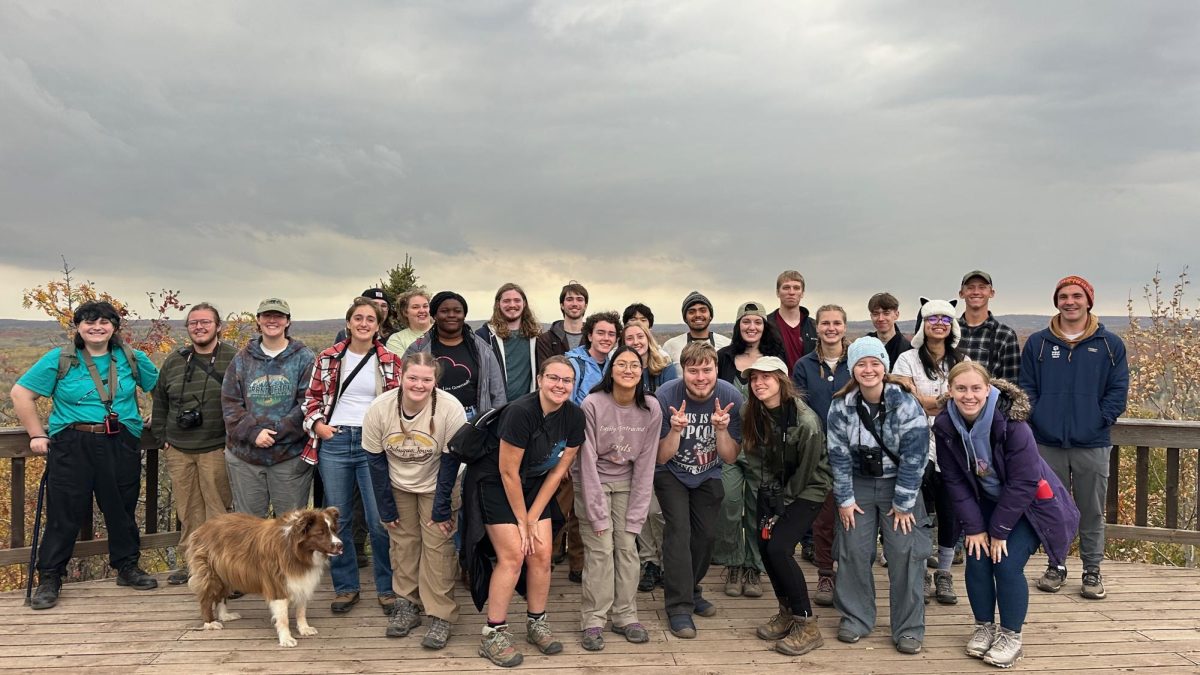Women’s Center recognizes National Stalking Awareness Month
Photo Illustration: Karuna Ang/Iowa State Daily
The Margret Sloss Women’s Center is recognizing January as National Stalking Awareness Month. Stalking often goes unreported. The ISU Police encourages students to trust their instincts and report immediately if they believe they’re being stalked.
January 17, 2011
Many students tend to joke about or engage in “Facebook stalking.” We believe it’s not a big deal to “creep” and that it is just something to pass our time — but stalking an individual is a crime.
Stalking is unpredictable and dangerous and is considered unwanted pursuit, following or harassment that leaves victims living in constant fear of what may happen next, where to go or what to do.
Stalking is hard to classify and often goes unreported, said Elliott Florer, ISU police officer. “A lot of the time people don’t know where the line is drawn to be considered stalking,” he said.
Florer and fellow ISU police officer Pete Gagne, as well as Penny Rice, director of the Margret Sloss Women Center, all agreed with this list of behaviors to look for when determining if you are a victim of stalking:
- Repeated phone calls, including hang ups.
- Following you and showing up wherever you are.
- Sending unwanted gifts, letters, cards or e-mails.
- Damaging your home, car or other property.
- Monitoring your phone calls or computer use
- Using Facebook and Twitter to follow where you’re going.
- Drive by or hang out at your house, school or work, threatening.
- Other actions that control track or frighten you.
Tips from Rice if you are a victim of stalking are: Document everything by saving texts, e-mails and phone calls. Develop a safety plan and change you’re routine. Learn your resources to contact for help. Inform your friends and don’t travel alone.
If ISU students believe they are being stalked, ISU Police encourage students to trust their instincts and report the incident immediately.
Stalkers are not easy to identify. They have no specific psychological profile and it’s hard to predict their behavior. The majority of stalkers are obsessed with their victims and their intent is to keep the victim in their power.
Each year, 3.4 million people are stalked in the United States. The ISU Police provided the ISU campus harassment reports from the past four years.
- 2007 — 76 reports
- 2008 — 69 reports
- 2009 — 77 reports
- 2010 — 61 reports
“The number of reports on the ISU campus is similar to the number of reports on any other campus in the United States,” Florer said.
The Margret Sloss Women’s Center is recognizing January as National Stalking Awareness Month, and at noon on Jan. 25, Carrie Jacobs, Kipp VanDyke and Michelle Borttcher will speak about stalking at the Women’s Center.






